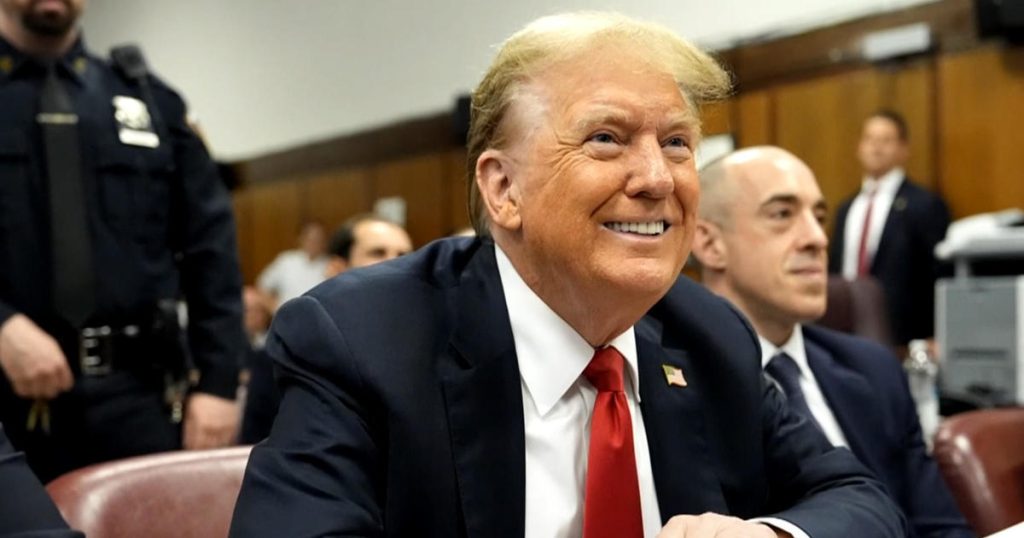Closing arguments were delivered in the criminal “hush money” trial involving former President Trump, with the jury expected to begin deliberations later in the week. The trial centers around allegations that Trump directed illegal payments to two women who claimed to have had affairs with him to prevent them from speaking publicly before the 2016 election. Prosecutors have argued that Trump was aware of and involved in the scheme, while the defense has maintained that Trump did not have criminal intent and that the payments were made for legitimate reasons.
During the closing arguments, prosecutors emphasized the evidence presented, including testimony from witnesses and recordings of Trump discussing the payments. They argued that Trump’s actions were deliberate and intended to influence the election by concealing damaging information from the public. The defense countered by pointing to inconsistencies in witness testimony and arguing that Trump believed the payments were a legitimate business expense. They also raised doubts about the credibility of some witnesses who had struck plea deals with prosecutors.
The outcome of the trial could have significant implications for Trump and his political future. If he is convicted, Trump could face legal consequences and damage to his reputation that could impact his ability to run for public office again. On the other hand, an acquittal could bolster Trump’s claims of innocence and potentially strengthen his position within the Republican Party. The trial has already attracted significant attention and further fueled debates about the rule of law and accountability for public officials.
While the verdict in the trial remains uncertain, the proceedings have highlighted the complex legal and ethical questions surrounding the use of hush money and the responsibilities of public figures. The case has also raised broader issues about the intersection of politics and the justice system, with arguments on both sides focusing on the motivations and intentions behind Trump’s actions. As the jury prepares to deliberate, the public will be watching closely to see how the case unfolds and what implications it may have for the future of Trump and his legacy.
As the trial comes to a close, both sides have made their final arguments and the decision now rests in the hands of the jury. The outcome of the trial will not only impact Trump’s personal reputation and legal standing but could also have broader implications for the norms and standards governing the conduct of public officials. Regardless of the verdict, the trial has already prompted discussions about the limits of presidential power and the need for accountability in the highest levels of government, shaping debates about the rule of law and ethical behavior in politics. The closing arguments mark a crucial point in the trial, with the jury poised to make a decision that could have far-reaching consequences.


